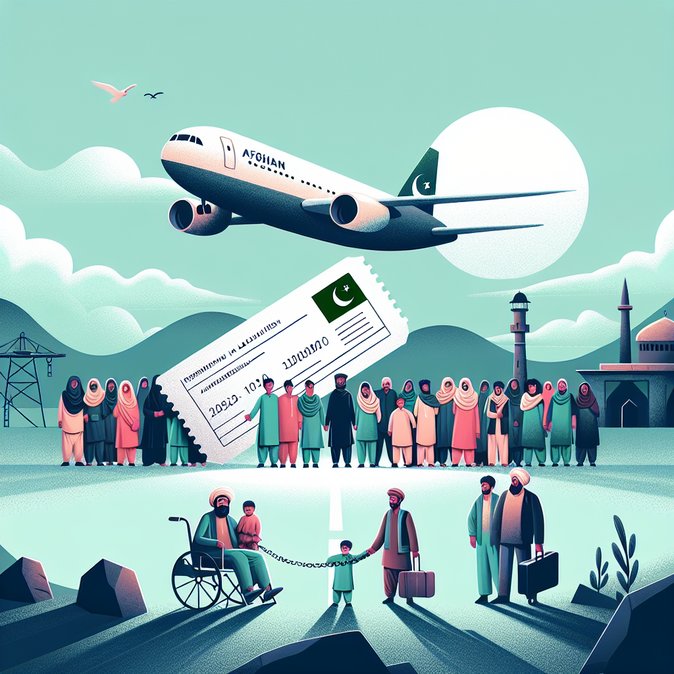
Germany’s Interior Ministry has quietly confirmed that an incentive scheme designed to persuade hundreds of at-risk Afghans in Pakistan to withdraw from government admission programmes has failed.
Under the plan—revealed in an Interior Ministry letter that became public last month—around 700 Afghans who already hold written German admission pledges were given a stark choice that expired at midnight on 18 November 2025: accept a cash payment and cancel their right to be flown to Germany, or remain in the queue and risk losing the pledge altogether if security checks are not finished before year-end.
![Germany’s ‘Cash-for-Exit’ offer to stranded Afghan evacuees flops]()
According to information obtained by Focus Online, only “around five families” opted for the payment. Aid group Kabul Luftbrücke, which is assisting many of the applicants, said those few cases involved people who had secured visas to the United States or other safe countries. “For the vast majority the offer was no alternative—returning to Taliban-controlled Afghanistan is unimaginable,” spokeswoman Eva Beyer told the outlet.
The Ministry’s dilemma is time. Berlin promised Islamabad the entire cohort would leave Pakistan by 31 December 2025, but security vetting and visa processing in Islamabad have slowed sharply since Germany abolished the informal visa-appeal (“Remonstration”) process in July and introduced extra background checks. Should the deadline be missed, Pakistan is expected to resume deportations of undocumented Afghans—potentially undermining Germany’s flagship humanitarian pledge programme and exposing Berlin to legal action.
Migration lawyers warn that Germany may now have to organise additional charter flights or fast-track security interviews in Islamabad to avert a diplomatic and moral fiasco. For employers planning to relocate Afghan staff or development-sector talent, the episode is a reminder that humanitarian admissions remain subject to tight political timetables and complex security vetting—even when admission pledges have already been issued.
Under the plan—revealed in an Interior Ministry letter that became public last month—around 700 Afghans who already hold written German admission pledges were given a stark choice that expired at midnight on 18 November 2025: accept a cash payment and cancel their right to be flown to Germany, or remain in the queue and risk losing the pledge altogether if security checks are not finished before year-end.

According to information obtained by Focus Online, only “around five families” opted for the payment. Aid group Kabul Luftbrücke, which is assisting many of the applicants, said those few cases involved people who had secured visas to the United States or other safe countries. “For the vast majority the offer was no alternative—returning to Taliban-controlled Afghanistan is unimaginable,” spokeswoman Eva Beyer told the outlet.
The Ministry’s dilemma is time. Berlin promised Islamabad the entire cohort would leave Pakistan by 31 December 2025, but security vetting and visa processing in Islamabad have slowed sharply since Germany abolished the informal visa-appeal (“Remonstration”) process in July and introduced extra background checks. Should the deadline be missed, Pakistan is expected to resume deportations of undocumented Afghans—potentially undermining Germany’s flagship humanitarian pledge programme and exposing Berlin to legal action.
Migration lawyers warn that Germany may now have to organise additional charter flights or fast-track security interviews in Islamabad to avert a diplomatic and moral fiasco. For employers planning to relocate Afghan staff or development-sector talent, the episode is a reminder that humanitarian admissions remain subject to tight political timetables and complex security vetting—even when admission pledges have already been issued.









